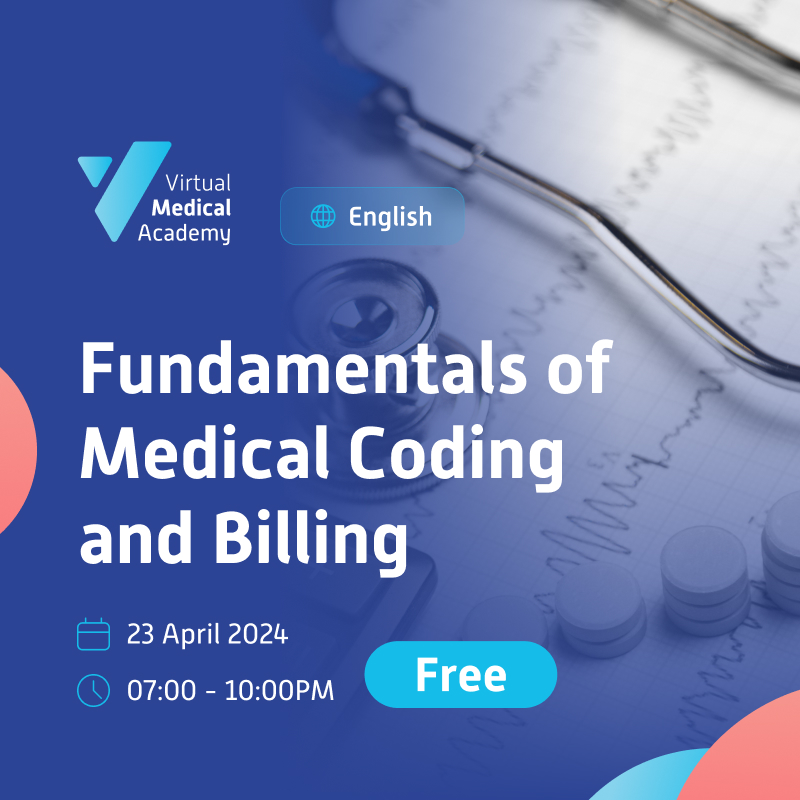Introduction
The medical field plays a crucial role in maintaining and enhancing human health. By offering public and private healthcare, healthcare tackles a range of illnesses and medical conditions and improves people's general well-being and that of their communities. Medical billers send claims to different parties, whereas medical coders give appropriate codes, even if they work independently. They benefit both parties since they give consumers and health insurance companies accurate information that they need to process claims and pay healthcare providers.
Learners who complete the Medical Billing and Coding course are prepared for various demanding careers in the healthcare industry. Students are taught basic concepts of medical billing and coding for settings including hospitals, physician offices, insurance firms, and health insurance. The office systems and software related to health care also have a solid base among students. For the program to be completed, students must learn about different EHRs and EMRs.
Objectives
1. To understand why ICD-11 has been developed and its uses.
2. Explain the purpose of medical coding and billing.
3. Identify coding systems used for reimbursement and indicate the relationship between patient record documentation and accurate coding.
4. Explain the format of the recent version of ICD.
5. Detect the ethical and legal issues in medical coding and billing.
6. To develop an understanding of the potential benefits of using ICD-11.
7. Explain coding career opportunities and the coding credentialing process.
This Course For :
Speaker
Price
Course Fee
FREE
Contact Information
Organization : Virtual Medical AcademyPhone : 920008161
Email : [email protected]
Free
 23 Apr 2024 To 23 Apr 2024
23 Apr 2024 To 23 Apr 2024 -
 07:00 PM To 10:00 PM
07:00 PM To 10:00 PM  Certificate Available
Certificate Available  Online
Online
- 757




